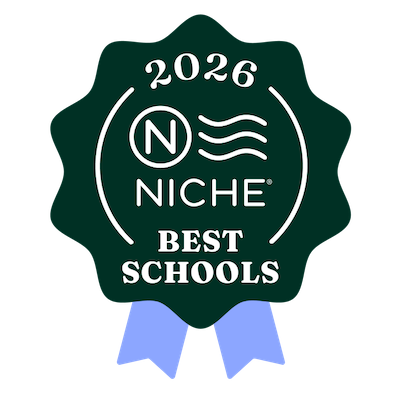Search
Committee of Trustees
2025–26 Committee of Trustees
President
Gwen E. Evans ’84
Vice President
Mark H. Lynch '62 HGS
Secretary
Lisa C. Takoudes - current parent
Treasurer
Joshua D. Samuelson '91 - past parent
Head of School
Matt Glendinning
Eleanor C. Babbitt '76
Richard A. Bernstein, MD '78 - current parent & Alumni Association Representative
Richard A. Bernstein, MD '78 - current parent & Alumni Association Representative
Kristin Collier - past parent
Nicholas Dawidoff '81
Rick Fearon '84 - current parent
David Frear - past parent
Rick Fearon '84 - current parent
David Frear - past parent
Erin Johnson '04
L'Heureux Lewis-McCoy '96
Ted B. Lundberg '93 - current parent
Mary J. O'Connell - current parent & Parent Association Representative
Zehra Patwa - past parentPeter G. Sasaki '87
Wendy Simmons - past parent
Gregory R. Tanner '92 - current parent
Jacoba Urist '94
Jacoba Urist '94
List of 1 items.
-
About the Committee of Trustees
The first Hopkins Committee of Trustees was appointed by the Reverend John Davenport in April, 1668. The Committee then, as now, was often referred to as the "Hopkins Board." Davenport, as principal executor of the educational trust established by Edward Hopkins, transferred his rights and responsibilities to the new committee via a deed of trust. In addition to bequeathing £412 to the Trustees, Davenport's grant set forth a number of Trustee responsibilities. First among them was the stipulation that the funds be used for a grammar school in New Haven to bring up "hopefull youths in the Languages, and other good Literature for the public use and service of their country…and for no other use, interest, or purpose whatsoever."Learn More

Hopkins is a private middle school and high school for grades 7-12. Located on a campus overlooking New Haven, CT, the School takes pride in its intellectually curious students as well as its dedicated faculty and staff.
Hopkins School admits students of any race, color, national and ethnic origin to all the rights, privileges, programs, and activities generally accorded or made available to students at the school. It does not discriminate on the basis of race, color, national and ethnic origin in administration of its educational policies, admissions policies, scholarship and loan programs, and athletic and other school-administered programs.











